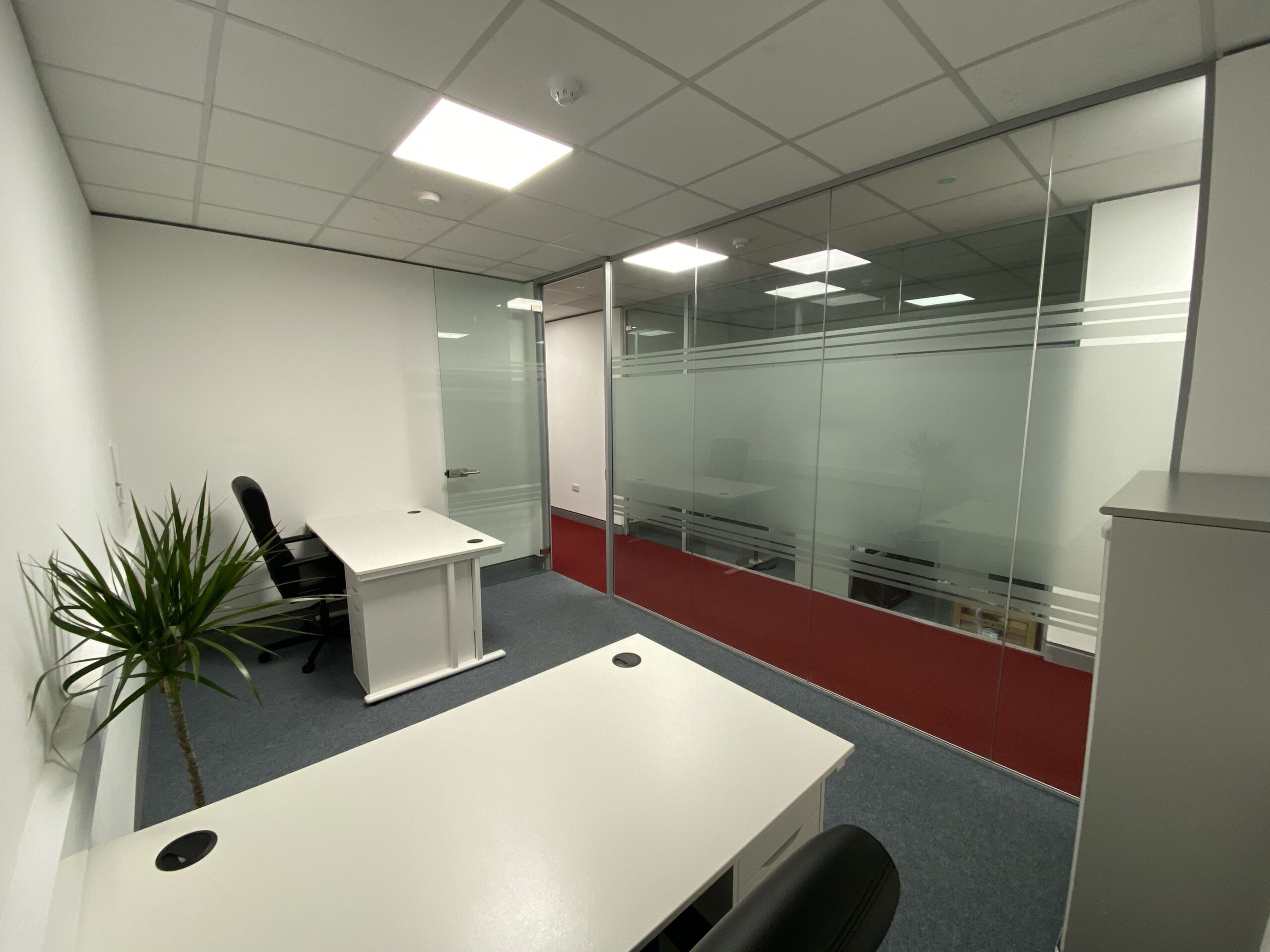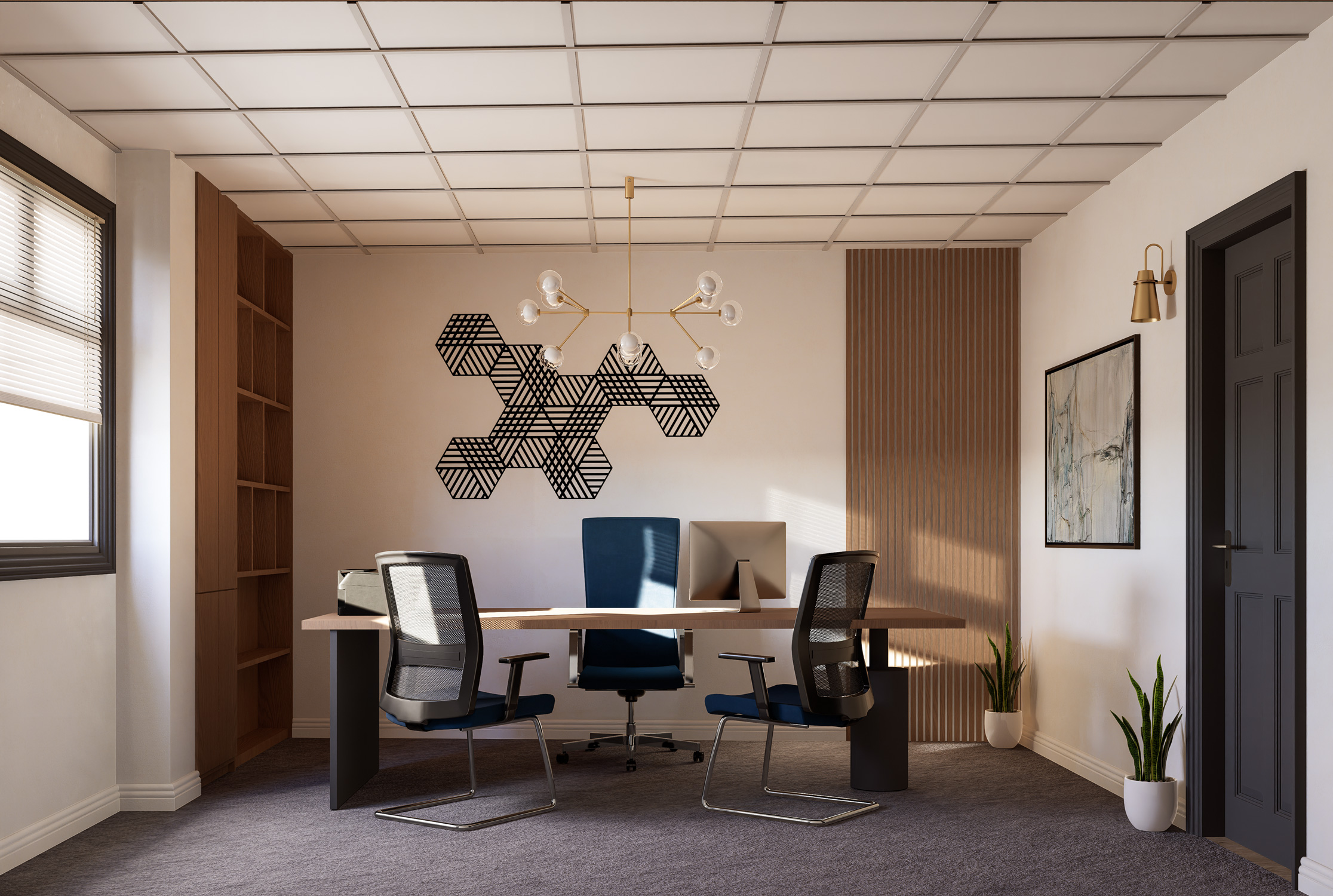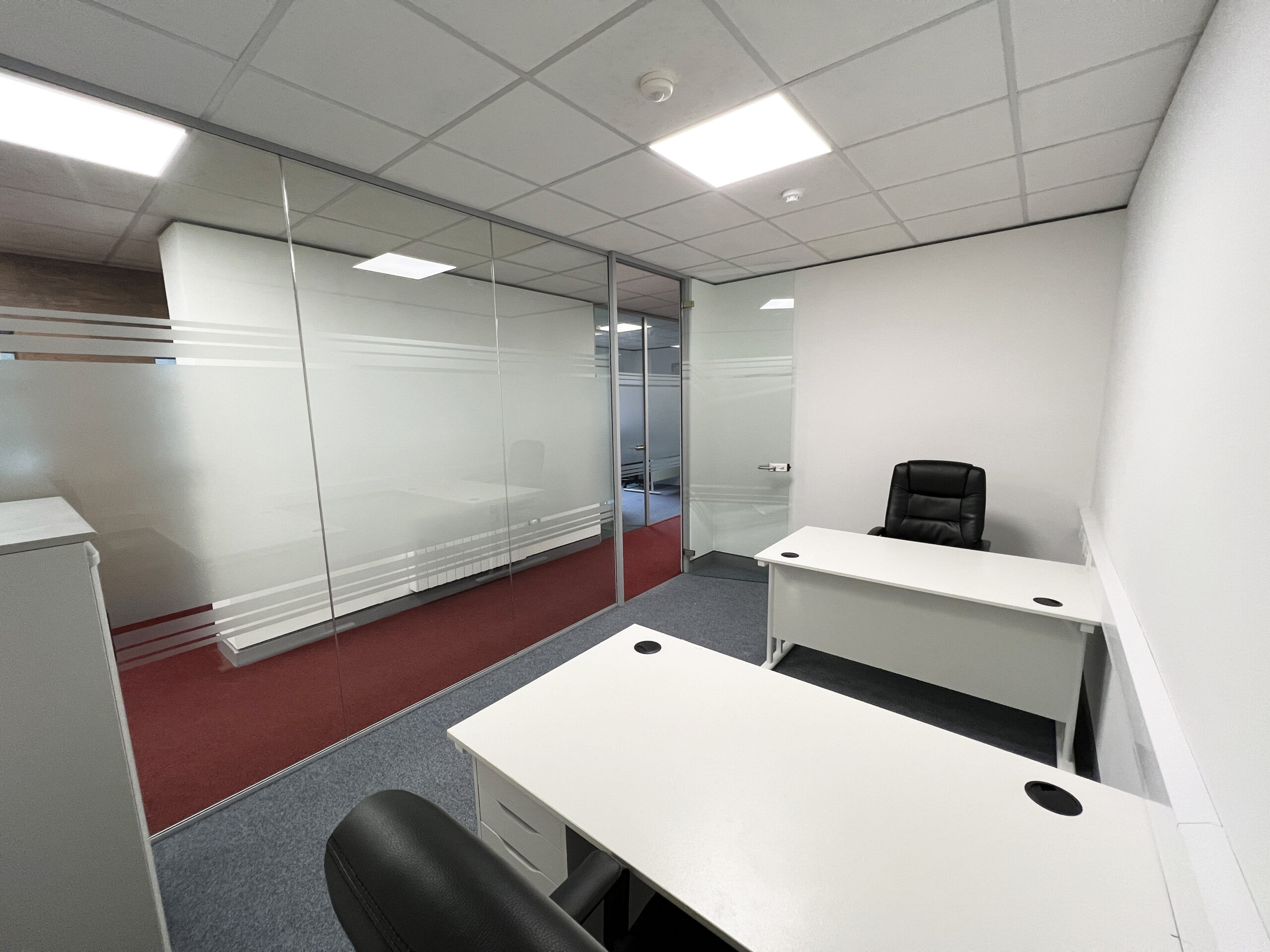by Barry
Share
by Barry
Share

Introduction to Flexible Office Space
Welcome to the world of flexible office space! Gone are the days of being tied down to long-term leases and rigid workspaces. In today’s rapidly evolving business landscape, adaptability is key, and that’s where flexible office space comes into play. Whether you’re a startup looking for a cost-effective solution or an established company seeking greater flexibility, this game-changing concept offers numerous advantages for businesses of all sizes. So, let’s dive in and explore how opting for a flexible office space can revolutionize your work environment and unleash new possibilities!
Benefits for Businesses
Flexible office spaces offer numerous advantages for businesses of all sizes. One significant benefit is the cost savings that come with flexible office arrangements. Instead of being tied down to long-term leases and hefty upfront costs, businesses can choose to rent office space on a monthly or even daily basis. This allows for greater financial flexibility and reduces the risk of committing to a space that may not meet the changing needs of the business.
Another major advantage is increased productivity. Flexible offices often provide access to various amenities such as high-speed internet, meeting rooms, and communal areas that foster collaboration and creativity. Employees have the freedom to work in an environment that suits their preferences and workstyle, leading to higher levels of motivation and output.
Flexibility and adaptability are also key benefits offered by flexible office spaces. As businesses grow or scale back, they can easily adjust their workspace requirements without any hassle or major disruptions. Whether it’s expanding into additional desks or downsizing when needed, flexible offices allow businesses to be agile in responding to market changes.
Additionally, flexible office spaces contribute greatly to improving work-life balance for employees. With options such as remote working or coworking spaces closer to home, commuting time can be significantly reduced, giving individuals more time for personal activities or family commitments outside of work hours.
Moreover, these modern workplace solutions positively impact employee satisfaction and retention rates. By providing a comfortable and conducive working environment with collaborative opportunities, companies can attract top talent who value flexibility in their professional lives.
In conclusion,
The benefits provided by flexible office spaces make them an attractive choice for businesses looking for cost-effective solutions while prioritizing productivity, adaptability,
work-life balance,
and employee satisfaction.
By opting for a flexible approach,
businesses gain financial flexibility
as well as the ability
to customize their workspace according
to changing needs.
With so many advantages,
it’s no wonder why more
and more companies are embracing this innovative way of working. Whether it’s a small startup or a large corporation, flexible office spaces
Cost Savings
Cost savings are a major advantage of flexible office space for businesses. By opting for a flexible workspace, companies can significantly reduce their overhead expenses compared to traditional office leases. This is especially beneficial for startups and small businesses that may have limited resources.
One way in which flexible office spaces help cut costs is by eliminating the need for long-term lease commitments. Instead of being tied down to a fixed contract, businesses can choose short-term agreements that align with their specific needs. This means they only pay for the space they require and can easily scale up or down as necessary.
Additionally, flexible offices often come fully furnished and equipped with essential amenities such as high-speed internet, meeting rooms, and communal areas. This eliminates the need for businesses to invest in expensive furniture or equipment upfront.
Another cost-saving aspect of flexible workspaces is shared services. Many providers offer access to facilities like receptionists, IT support, and maintenance staff on a shared basis among tenants. This allows businesses to benefit from professional services without bearing the full cost themselves.
Choosing a flexible office space can result in significant savings for companies while still providing them with all the necessary resources to run their operations efficiently
Increased Productivity
Increased Productivity: A Game-Changer for Businesses
In today’s fast-paced business world, productivity is key to staying ahead of the competition. Flexible office spaces have been proven to significantly boost productivity levels among employees. Here are a few reasons why:
1. Reduced Commute Time: By working in a flexible office space, employees can avoid long and stressful commutes. This translates into more time available for work-related tasks, resulting in increased productivity.
2. Minimized Distractions: Traditional office environments often come with various distractions such as noisy coworkers or interruptions from colleagues seeking assistance. In a flexible office setting, professionals can choose their workspace based on their preferences and needs, allowing them to focus better and complete tasks efficiently.
3. Collaborative Opportunities: Flexible office spaces provide opportunities for networking and collaboration with professionals from different industries or companies within the same space. This exchange of ideas fosters creativity and innovation, ultimately leading to enhanced productivity.
4. State-of-the-Art Facilities: Many flexible office spaces offer modern amenities like high-speed internet connections, advanced technology equipment, meeting rooms, and comfortable workstations designed specifically for maximum efficiency – all factors that contribute to improved productivity levels.
5. Personalized Work Environment: Some individuals thrive in quiet settings while others prefer background noise or music playing softly in the background while they work. With flexible office spaces offering diverse options ranging from private offices to shared coworking areas, employees can select an environment that suits their working style best—resulting in increased motivation and output.
Flexible office spaces are revolutionizing the way businesses operate by providing an optimal environment conducive to higher productivity levels among its workforce.
Flexibility and Adaptability
Flexibility and adaptability are two key advantages of flexible office spaces. In today’s fast-paced business landscape, being able to quickly respond and adapt to changing circumstances is crucial for success. With a flexible office space, businesses have the freedom to scale up or down as needed, without being tied down by long-term leases or fixed commitments.
One of the main benefits of flexibility is the ability to customize your workspace according to your specific needs. Whether you require a private office, a shared coworking area, or meeting rooms for client presentations, flexible office spaces can accommodate it all. This allows businesses to create an environment that fosters collaboration and creativity.
Furthermore, flexibility extends beyond just physical space. Many flexible offices offer additional services such as reception support, IT infrastructure, and access to amenities like gyms and cafes. This means that businesses can focus on their core operations while leaving these non-core activities in capable hands.
Another advantage of adaptability is the opportunity for networking and collaboration with other professionals sharing the same space. By working alongside individuals from different industries or backgrounds, businesses can gain new perspectives and potentially forge valuable partnerships.
Flexibility and adaptability offered by flexible office spaces provide businesses with the agility they need in today’s dynamic work environment. With the ability to tailor their workspace and easily adjust their operations as required, companies can stay competitive while fostering innovation and productivity among their teams
Improved Work-Life Balance
Improved Work-Life Balance
One of the major advantages of flexible office space is that it allows employees to achieve a better work-life balance. In traditional office settings, employees often have fixed working hours and limited flexibility in terms of their schedules. This can make it challenging for individuals to juggle their personal commitments with their professional responsibilities.
With flexible office spaces, employees have the freedom to choose when and where they work. They can adjust their schedules according to their personal needs, whether it’s dropping off kids at school or attending important family events. This level of autonomy enables individuals to create a more harmonious integration between their work life and personal life.
By having control over their time, workers can allocate dedicated blocks for focused work without interruptions while also being able to prioritize self-care activities such as exercise or spending quality time with loved ones. Improved work-life balance not only reduces stress levels but also enhances overall well-being and job satisfaction.
Additionally, flexible office spaces often provide various amenities like onsite gyms or relaxation areas where employees can unwind during breaks, promoting a healthier lifestyle and helping them recharge both physically and mentally.
The ability to manage one’s schedule efficiently in a flexible office space contributes significantly to improved work-life balance by allowing individuals to align professional demands with personal obligations effectively.
Impact on Employee Satisfaction and Retention
Impact on Employee Satisfaction and Retention:
Flexible office spaces can have a significant impact on employee satisfaction and retention. By offering employees the freedom to choose their work environment, whether it’s a private office, a collaborative open space, or even the option to work remotely, businesses can cater to different working styles and preferences. This level of autonomy empowers employees and promotes job satisfaction.
Moreover, flexible office spaces foster a sense of community among individuals from various companies sharing the same workspace. The opportunity for networking and collaboration with professionals from different industries can enhance job satisfaction by providing new perspectives and opportunities for growth.
In addition, flexible office spaces often provide amenities such as gyms, cafes, game rooms – creating an enjoyable workplace experience that contributes to overall employee happiness. Employees feel valued when they are provided with high-quality facilities that prioritize their well-being.
Retention rates also tend to increase in flexible offices due to improved work-life balance. With options like remote working or flexible hours available, employees can better manage personal commitments while still meeting professional responsibilities. This flexibility reduces stress levels and increases engagement at work.
Adopting a flexible office space model has proven advantages for both employee satisfaction and retention rates within organizations. By prioritizing individual needs alongside business goals, companies create an environment where people thrive professionally while enjoying greater control over their own lives.
New Office Space Opening in Galway, Ireland in May 2024! […]


